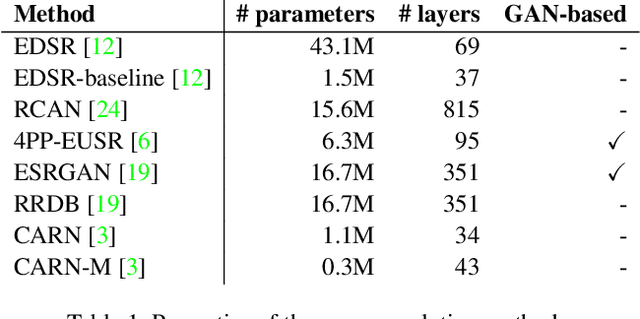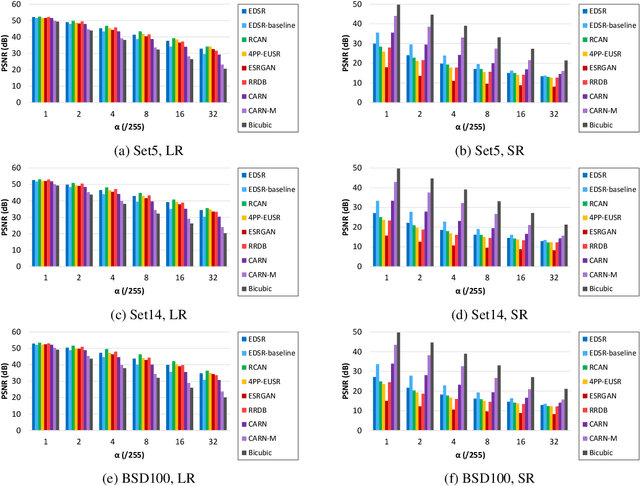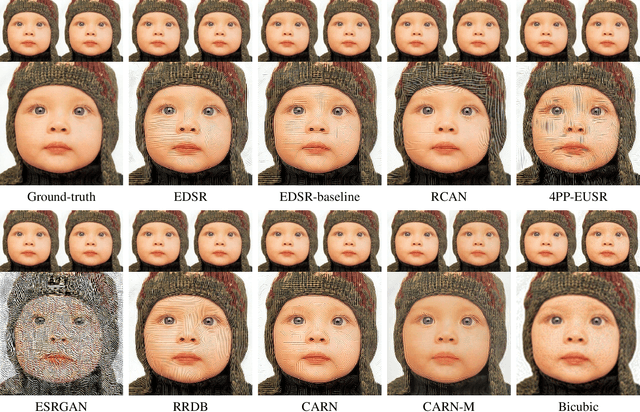Evaluating Robustness of Deep Image Super-Resolution against Adversarial Attacks
Paper and Code
Apr 12, 2019



Single-image super-resolution aims to generate a high-resolution version of a low-resolution image, which serves as an essential component in many computer vision applications. This paper investigates the robustness of deep learning-based super-resolution methods against adversarial attacks, which can significantly deteriorate the super-resolved images without noticeable distortion in the attacked low-resolution images. It is demonstrated that state-of-the-art deep super-resolution methods are highly vulnerable to adversarial attacks. Different levels of robustness of different methods are analyzed theoretically and experimentally. We also present analysis on transferability of attacks, and feasibility of targeted attacks and universal attacks.
 Add to Chrome
Add to Chrome Add to Firefox
Add to Firefox Add to Edge
Add to Edge